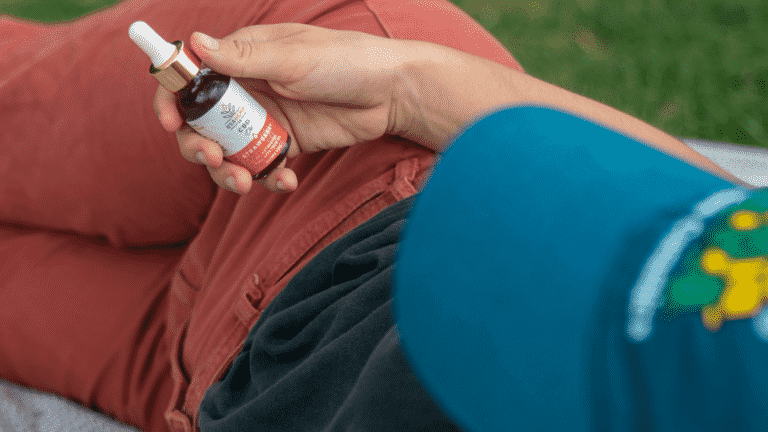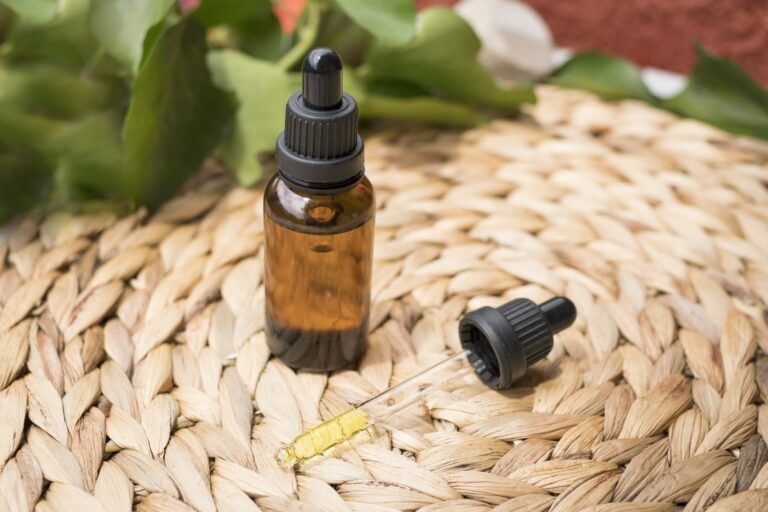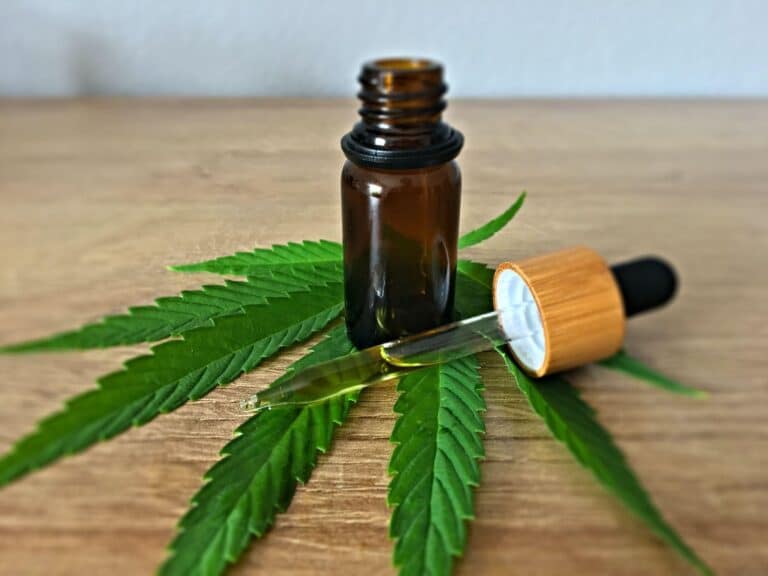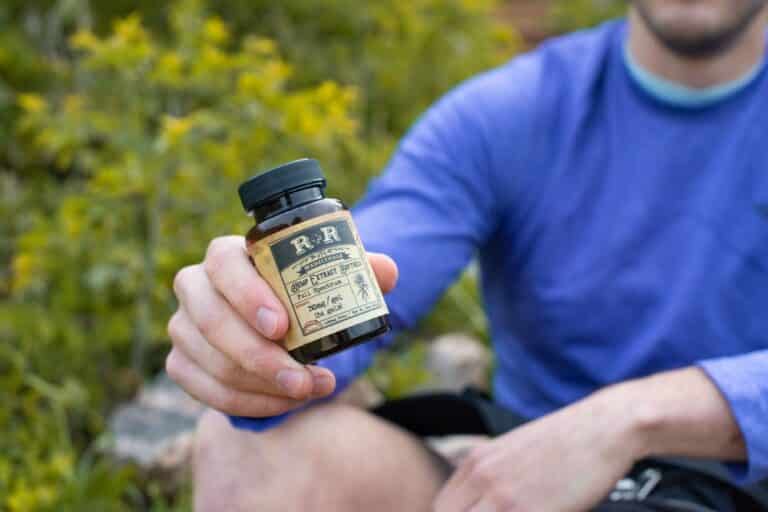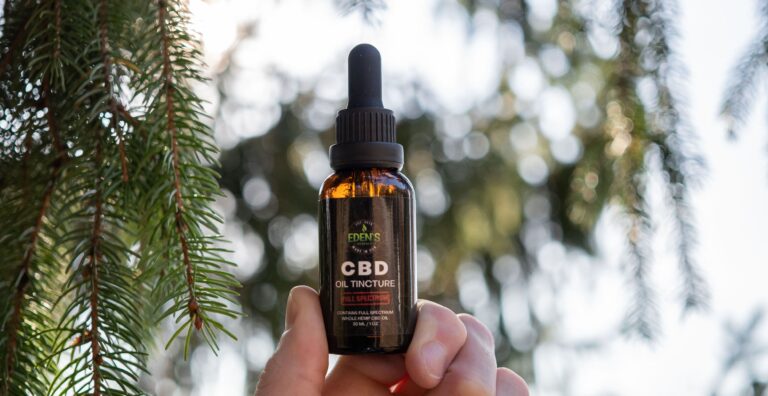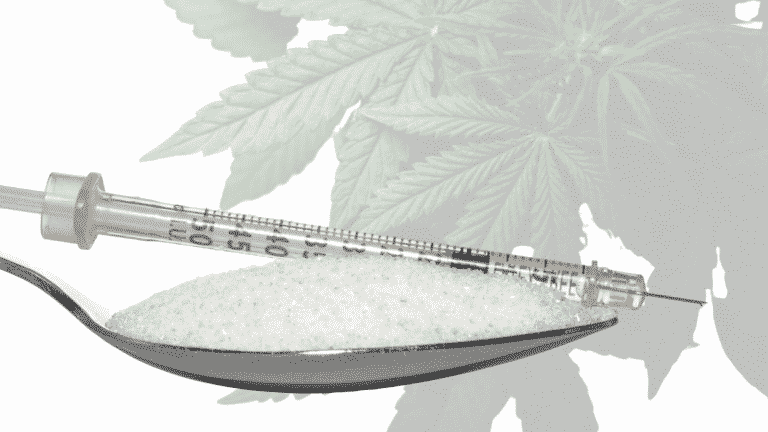Can Delta-8 Lower Diabetes?
While more research is still underway, there is promising data that shows THC may help in lowering blood sugar levels. But can diabetics rely on Delta-8 THC as an effective treatment?
Previous studies have had mixed results on how closely marijuana usage is correlated to lowering insulin resistance. Furthermore, it’s understandable that many patients may feel hesitant to begin a THC regimen. While, it’s commonly associated with psychoactive side effects. Yet Delta-8 is generally considered to be less potent and less psychoactive than the more common Delta-9 THC. For this reason, Delta-8 merits some consideration in a diabetes treatment plan.
Delta-8 May Increase Insulin Sensitivity
The endocannabinoid system plays an important role in the way the body responds to insulin. Also, research has suggested that marijuana use increases insulin sensitivity. If Delta-8 can affect the endocannabinoid system similarly to Delta-9 without the negative side effects, it could offer a treatment option to a wide audience.
Of course, an important fact for those living with diabetes is to prioritize keeping blood sugar at its appropriate level. Early studies are showing that CBD and THC, including Delta-8, may have a positive impact on managing blood sugar levels. In one research study, compared with the placebo used, the THC significantly decreased fasting plasma glucose and improved pancreatic cell function.
Further, for people who have type 1 diabetes, CBD or THC has the potential to interact with various hormones. It has been shown in promising studies to help manage the body when it is in a continual state of fight-or-flight due to a hormonal imbalance.
What Are The Differences Between Delta-8 and CBD?
When most people think of a non-psychoactive hemp-based treatment, they think of cannabidiol (CBD). Although Delta-8 does not deliver the same potency of “high” as Delta-9, it is still THC, and users typically report a heightened sense of relaxation or euphoria. The THC in Delta-8 interacts with both the CB1 and CB2 receptors. While CBD has little to no binding with either of these receptors. Many studies show that the endocannabinoid system effects that THC provides may help to give additional efficacy in its use.
Similar to CBD, Delta-8 is available in many forms for consumption. Delta-8 edibles or concentrates allow patients to control their dosage without having to smoke or vape the product. Because it contains less than 0.3% Delta-9 THC, Delta-8 is federally legal, although different states have their own regulations and restrictions regarding Delta-8 usage.
It Can Help Manage Diet
There are several different ways CBD and THC have been shown to help the body cope with managing weight. There is some evidence that supports that it can curb a person’s cravings. Researchers have discovered some evidence to suggest CBD and THC can dull the area in the brain that often becomes stimulated when indulging in sugary substances. Another study showed, it could help in the reduction of cravings and anxiety concerning drug addiction such as heroin use.
Craving management is a huge component of weight loss, and for those with diabetes who are needing to lose weight, Delta-8 could potentially help with this aspect of managing their diabetes as well. In addition, increased pain levels can cause spikes in hormones in the body as well as release additional stress hormones. Pain can also cause blood sugar levels to rise in the body. So managing pain is of the utmost importance to diabetics and cannabinoids can be a powerful tool in helping manage that pain. Further, the indirect benefits of having a good mindset can help motivate the individual to stay on track with their diet and exercise plans.
Key Things To Look For In Delta-8
When deciding to explore Delta-8 in regards to lowering blood sugar levels, remember to look for a few key features to ensure the highest quality:
- GMO-free
- GMP-certified facilities for the highest standards in manufacturing
- Hemp-derived
- Third-party lab tested for quality assurance
- Free from pesticides
This way you know you’ll be getting the purest ingredients on your journey to feeling your best. Remember, Delta-8 is not federally regulated or FDA-approved. This makes it especially important to only purchase Delta-8 from a trusted source meeting these criteria and showing transparency around their production process and testing results.
In Conclusion
When you are deciding to try any new treatment, be sure to consult your doctor. For some patients, Delta-8 may provide a new way to increase insulin sensitivity and lower blood sugar.


